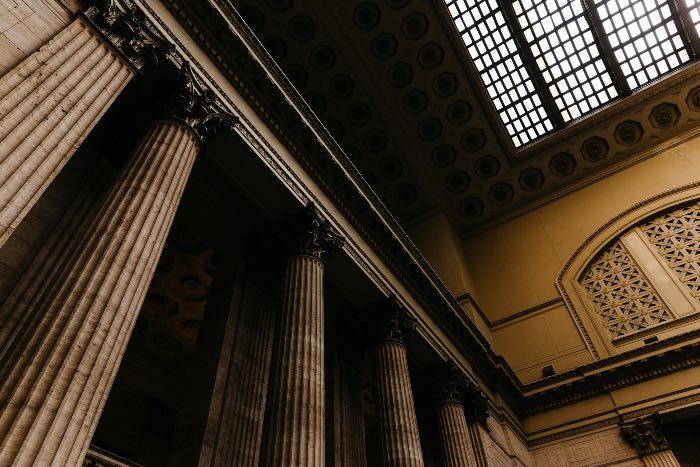
Not as if they were a living thing. One that acts on its own. Preserves its own life. Laws don’t feed themselves or seek shelter from the storm. They don’t procreate or legislate themselves.
Laws don’t exist.
People, however, do. People who abide by laws. And those who do not.
Laws are made and enforced.
Some of the people who enforce the law abide by the law. And some don’t.
Some of the people who make laws abide by the law. And some don’t.
More people obey than don’t.
By a lot.
Because laws are intended to protect us. But they don’t exist. People do. As do weapons. And homes. Food. Animate and inanimate things. Alive. Real.
Laws are real.
They just don’t exist.
And because they don’t exist, they can’t enforce themselves or protect themselves. We do that.
Good laws encourage our best selves. They encourage protection, hope, and generosity.
Good laws are just.
They help us prevent exploitation and abuse. Guiding us toward positive and affirming relationships.
Good laws are easy to follow, minimize confusion, and preserve the dignity of everyone.
Changing the law is good.
So is changing the people who enforce them. Especially when they forget that it is about flourishing. When we lose sight of their purpose.
Bad laws can be ignored. Confusing laws can protect unjust behaviors. And abusive laws can be exploited to hurt people.
Law is relationship.
Its purpose is to enable the community to preserve the relationship of people in community.
It can either be the vehicle for just relationships or exploiting ones.
Either way, the law can’t possibly fix itself.
